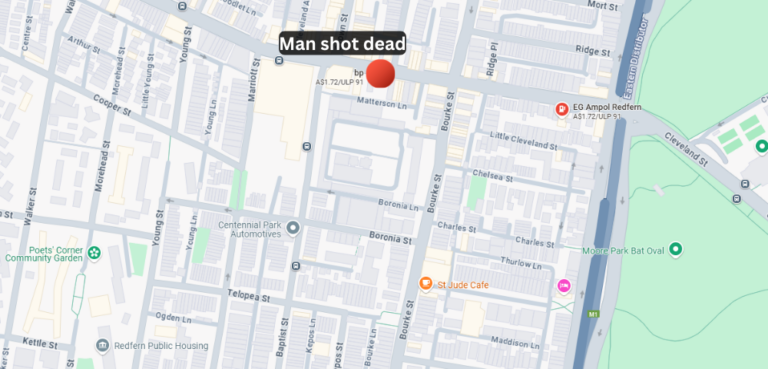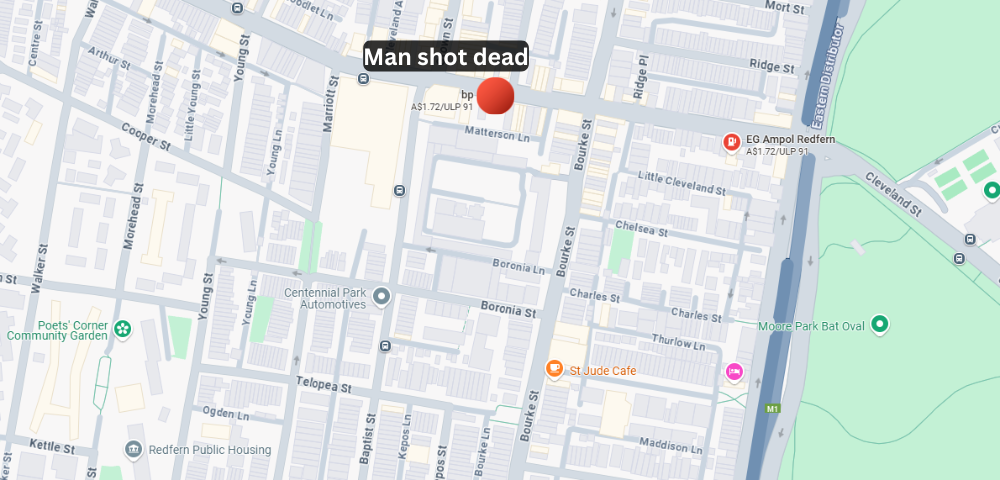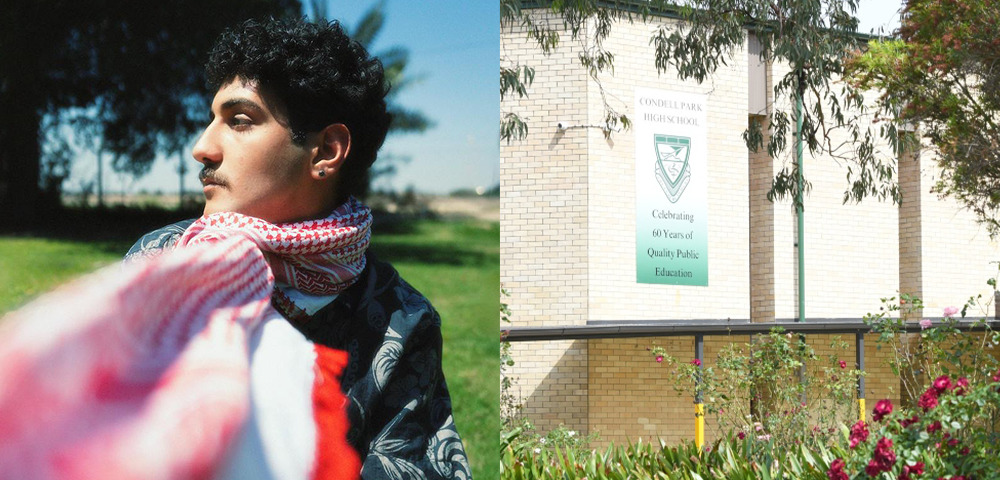

BY LAWRENCE GIBBONS
Tens of thousands of City residents could be fined as much as $2,200 for not filing mandatory voter registration forms. In early November 120,000 letters were sent to every ratepayer in the City of Sydney. A cover letter from the City’s Chief Executive Officer Monica Barone explained that “as a property owner you may have the right to vote in forthcoming elections.” Attached to the letter were a series of forms titled “The City of Sydney Non-Residential Register” Form A and Form B. The requested deadline to return the forms was 31 December 2015. According to a City of Sydney spokesperson, the City has received 75,000 responses to date.
45,000 people have not responded. One of those people was Elizabeth Elenius a resident and convenor of the community group Pyrmont Action. According to Ms Elenius, “If the Council or Government issues a document to residents entitled ‘Non Residential Register Form’ why would a resident fill it out? I tossed mine assuming it wasn’t for me.”
Another resident, Jane Anderson, an executive committee member of the East Sydney Neighbourhood Association also threw her forms in the bin assuming they did not apply to her. According to Ms Anderson, “the entire process is incredibly confusing. I can’t help but think that whoever sent out forms titled “Non-Residential Register” to residents had to know this would be confusing.”
The forms were sent out as part of the City’s attempt to create a roll of every eligible business voter in the council area. Yimmy Seifert, the Chair of the Ultimo Village Voice recalls that “at our December meeting last year [the recently deceased Deputy Lord Mayor] Robyn Kemmis explained that residents still need to complete and return the form so they can be excluded from the register of non-residents. With her sense of humour when she was asked what would happen if we didn’t return the form she said ‘you are not allowed to leave your house!’ We will miss her dearly.”
Under changes to the City of Sydney Act implemented last year businesses are required to vote in local Council elections. As has been the case for residents, business voting is now compulsory. Many believe that the law was enacted by the Liberal state government to ensure that the left leaning Lord Mayor Clover Moore is not re-elected. Under the Act, the City’s Chief Executive Officer is required to create a roll of every eligible business voter including landlords, businesses paying commercial rent in excess of $4,000 per year who have occupied their premises for more than three months. Under what has been termed the “Get Clover clause” corporations are required to cast two votes.
Perplexed as to why this writer received a letter regarding the business vote at a residential address and no correspondence had yet been sent to the leased business premises from which this publication operates, a call was put into the 1300 number advertised by the City of Sydney. The operator stated, “As a tenant you don’t need to worry about being on the roll yet. We have only contacted property owners so far. As a tenant you don’t need to do anything right now. We may contact you later.”
Which begs the question: when will the City of Sydney worry about contacting every business to create a roll of eligible voters? Identifying every property owner and business that is trading from premises in the area is a gargantuan task. In a series of reports tabled to Council in August of last year, City officers expressed the opinion that the City could not possibly comply with the Act. “…the establishment and maintenance of the register and rolls will be a complex process. The complexity will…make the process difficult to understand and comply with for some persons and corporations. There are also aspects of the Act that are impractical, and arguably impossible, for the City to comply with.”
One political insider hypothesised that it was clearly not in Clover Moore’s political interest to create a roll of every eligible business voter in the City of Sydney. “If she stands again, she will have done the numbers and calculated that not enough business voters will be enrolled come the next election to affect her chances of winning.”
The task of compiling a list of every business in the City falls on CEO Monica Barone, who was appointed by the Lord Mayor and shares many of her political views. In an independent audit of the City of Sydney Act commissioned by the City, Price Waterhouse Coopers found that there was the risk of a political conflict of interest in having the City create and maintain a roll of every eligible business voter in the City of Sydney.
Partly in order to overcome the perception of a biased process and partly to deliver a huge project in a short timeframe, the City has outsourced the task of identifying businesses to an independent contractor. According to a City spokesperson, “The first mail-out of enrolment forms begins in February and is ongoing. Our service provider is a commercial property information company that keeps a database of all businesses. They gather some of this information by a regular cycle of visiting businesses.”
If Council elections take place in September, as originally scheduled, the City must create a roll of every business in the City by early July, giving the contractor five months to identify, contact and enrol every landlord and business in the City of Sydney. The City is spending $12 million on contractors, consultants and City staff to complete the task.
The City of Sydney Act is based on similar legislation in Melbourne. In order to identify all eligible businesses in the City of Melbourne, Council conducts an ongoing census of all businesses which takes place over two years. In the lead up to an election, Melbourne then conducts a three month re-survey in key high density areas. In Melbourne, where corporations also have two votes, 60% of all votes are cast by businesses.
Last election 100,000 residents in the City of Sydney were eligible to vote. When asked how many eligible non-residential voters the City estimated would be enrolled for the next election, a City spokesperson stated: “There are too many unknowns to estimate a figure for this.” In total there are 82,000 businesses with an active ABN and registered address within the City of Sydney, 21,644 businesses that occupy rateable land in the City and 114,000 parcels of rateable land, of which half are rented out.
The City has its work cut out for it. Under the City of Sydney Act, the CEO must submit a list of all eligible business voters to the NSW Electoral Commission sixty days prior to Election Day. The only good news for CEO Monica Barone is that those elections could be delayed until early next year with boundary changes to a range of local councils throughout NSW, excluding the City of Sydney. The extra time will probably come in handy as confusion and frustration mount among residents and businesses throughout the City.









